[ad_1]
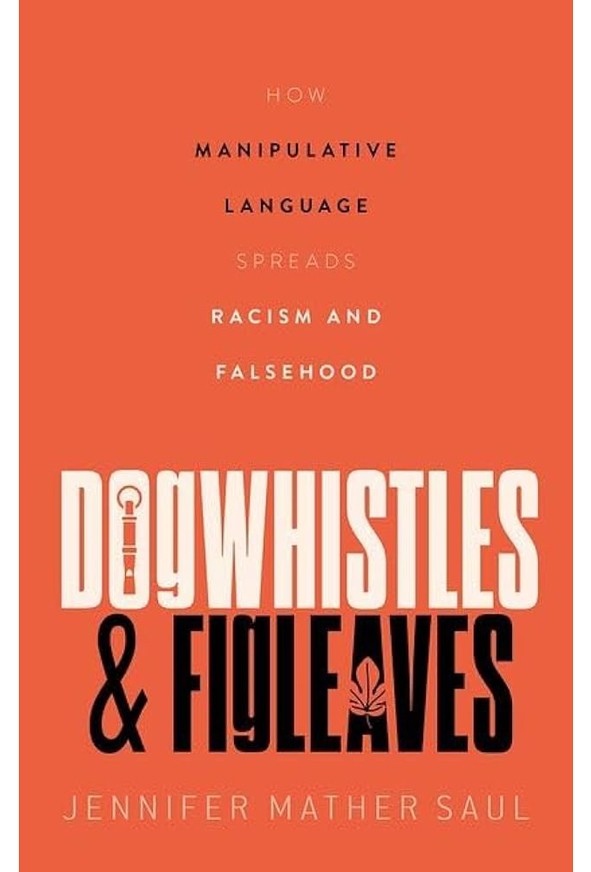
Dogwhistles and Figleaves
Jennifer Mather Saul Oxford Univ. Press (2024)
This timely book on racist and conspiratorial language in politics draws on Donald Trump’s election as US president in 2016 and his continued popularity. Philosopher Jennifer Saul examines “dogwhistles” — coded terms such as ‘88’, used by white supremacists to mean ‘Heil Hitler’ — and “figleaves” such as ‘I’m not a racist, but …’ to disguise a racist remark. Most commentators on the Trump era focus either “on the racism, or on the spread of obvious falsehoods”, she notes, whereas she analyses the parallels between the two.
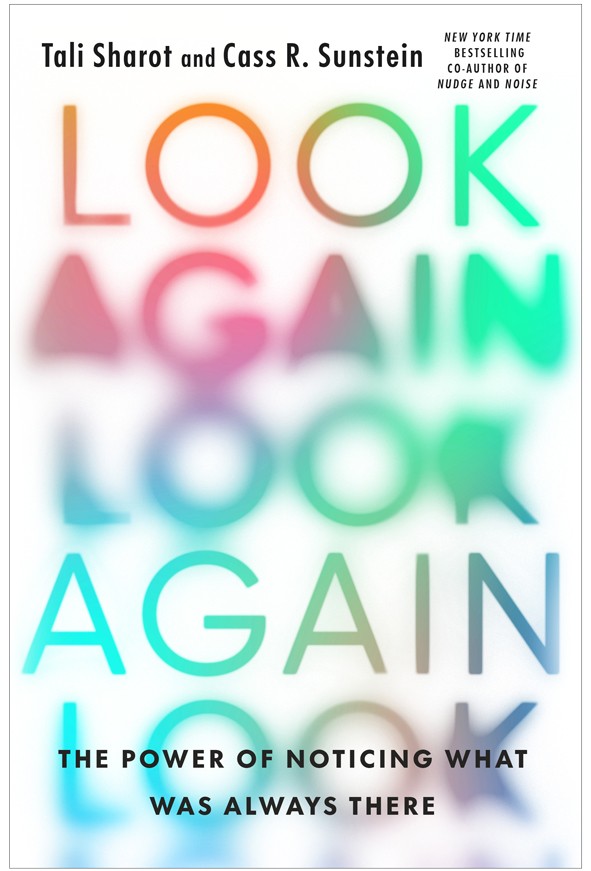
Look Again
Tali Sharot & Cass R. Sunstein Bridge Street/Little, Brown (2024)
Neuroscientist Tali Sharot and behavioural economist Cass Sunstein accept that habituation — getting used to things — “is crucial for survival: it helps us adapt quickly to our environment”. However, dishabituation is crucial to new experiences. Their wide-ranging book covers both. A chapter about the German people’s incremental habituation to Nazism in the 1930s considers the 1961 experiments of psychologist Stanley Milgram, in which a participant complied when told to apply incremental electric shocks to a human subject.
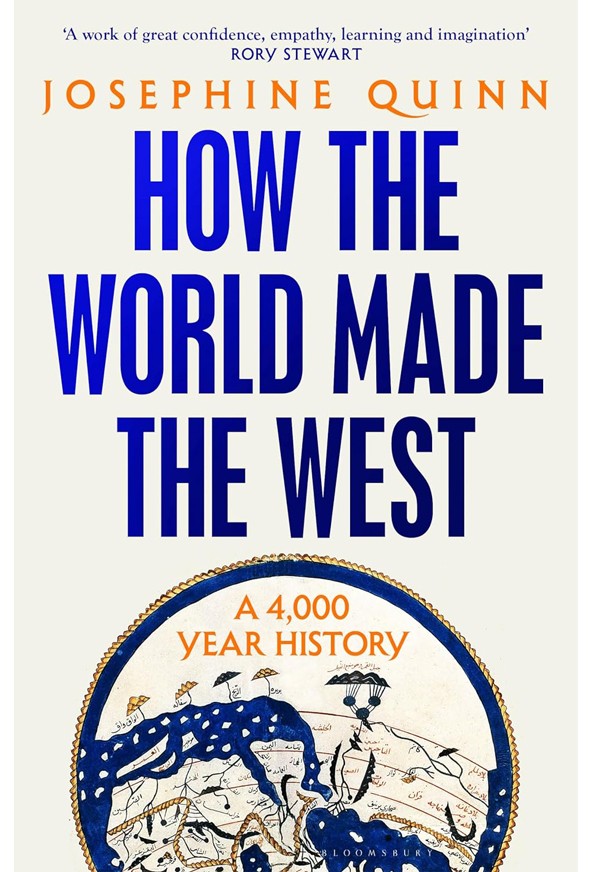
How the World Made the West
Josephine Quinn Bloomsbury (2024)
As a historian of the ancient world, Josephine Quinn receives many applications from students wishing to study ancient Greece and Rome as the supposed roots of Western civilization. Her book dismantles this outdated view by showing the involvement of many other cultures. Greece and Rome openly adapted Mesopotamian law codes and literature, Egyptian stone sculpture, Assyrian irrigation techniques and a Levantine alphabet. “It is not peoples that make history, but people” and their interconnections, she argues.
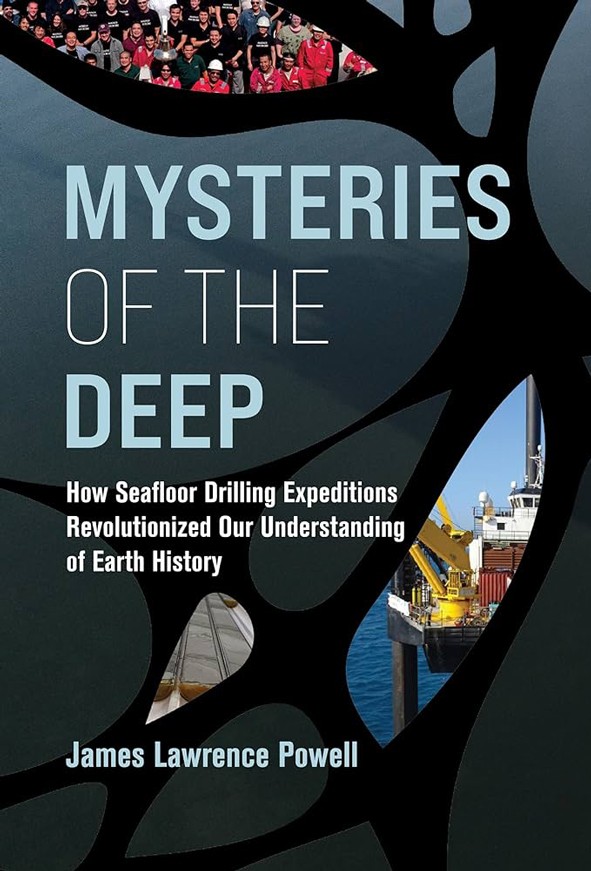
Mysteries of the Deep
James Lawrence Powell MIT Press (2024)
In 1881, “Charles Darwin was the first to propose drilling” of the sea floor — specifically coral reefs — for scientific purposes, notes geologist James Powell. In 1912, Alfred Wegener published his theory of continental drift; it was controversial at the time, but received support from a series of scientific programmes beginning in 1968 with the Deep Sea Drilling Project. The current iteration, the International Ocean Discovery Program, can drill into Earth’s mantle. Powell skilfully brings this probing history of sea-floor drilling to life.
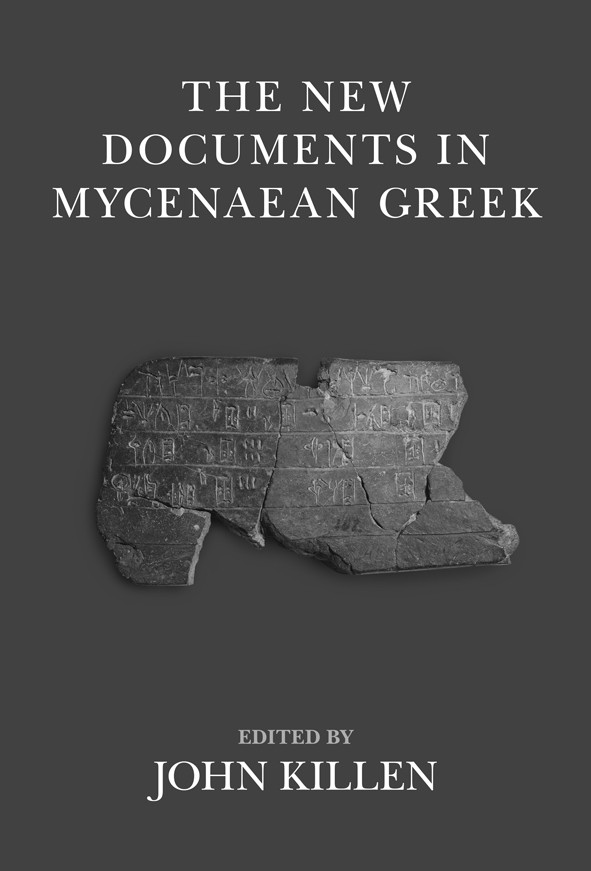
The New Documents in Mycenaean Greek
Ed. John Killen Cambridge Univ. Press (2024)
Linear B, dating from around 1450 to 1200 bc, is the earliest European script that can be read today. Rediscovered in Crete in 1900 and dubbed Minoan, it was later found in mainland Greece, at sites including Mycenae. In 1952, the script was deciphered and found to be early Greek by architect Michael Ventris. He and classicist John Chadwick analysed it in Documents in Mycenaean Greek (1956). This has now been updated as two volumes edited by classicist John Killen, with expert essays on Mycenaean society.
Competing Interests
The author declares no competing interests.
[ad_2]
Source Article Link

